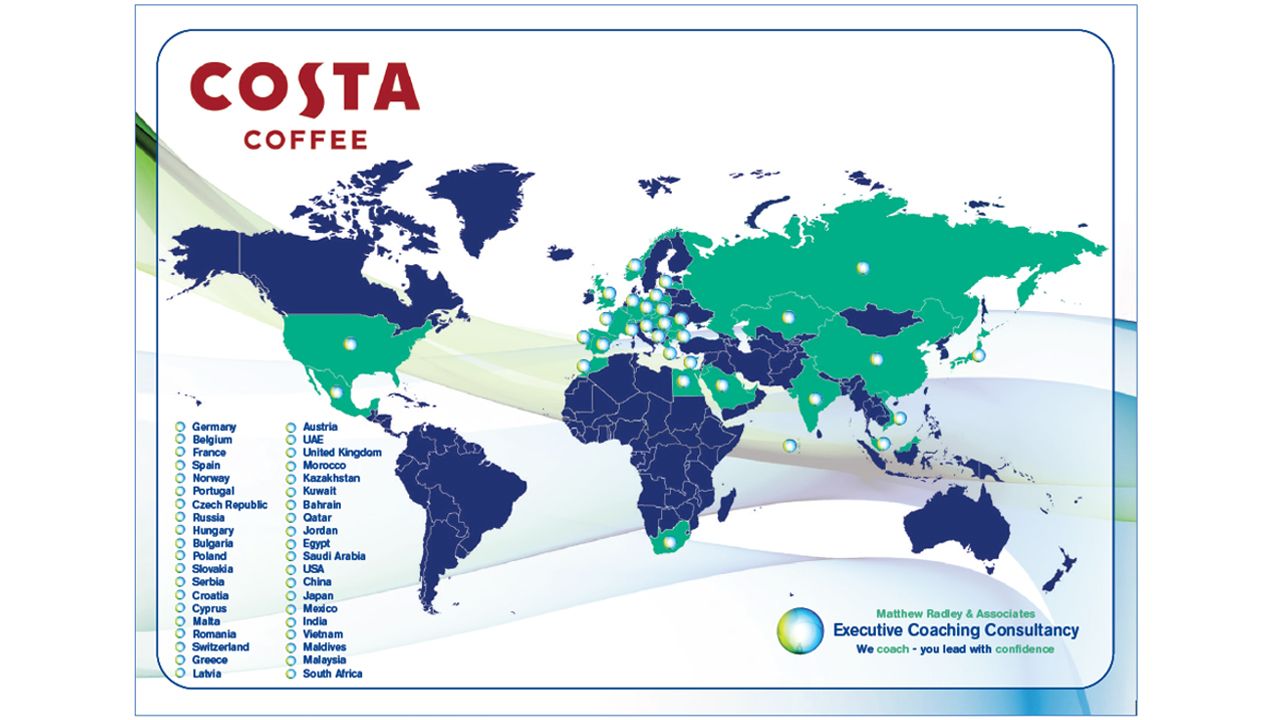Blog
Super.... vision - much more than just keeping an eye on our practice as internal and external coaches

If the job of the coach (internal or external) is to bring objective perspective and new insight to the client…..who is doing the same thing for the coach?
We know just how much self-awareness is critical for leaders to succeed…..but what about coaches who must continue to develop their self-awareness in service of the clients?
No one person can honestly say they are ‘the finished article’…..it is human nature to keep growing, learning, and bettering ourselves. And that is the role of Professional Supervision for coaches.
“Supervision is the interaction that occurs when a coach brings their coaching work experiences to a supervisor in order to be supported and to engage in reflective dialogue and collaborative learning for the development and benefit of the coach, their clients, and the client’s organisations” (EMCC, 2020)
At MRA we believe whole-heartedly in the power and value of Professional Supervision which is why every Associate Coach must undertake quarterly Supervision as part of their contract with us.
Our Professional Supervisor is Rebecca Peirce, who holds both a Post Graduate Certificate in Coaching as well as a Post Graduate Certificate in Coaching Supervision. This ensures we offer the very highest levels of Professional Supervision to our team, and importantly to our clients.
“Coaches in supervision (both internal and external) often refer to feeling relieved, energised and restored when they leave a supervision session”, Rebecca Peirce, MRA
Supervision is necessary for all qualified coaches, especially those who have been awarded a Professional Coaching Qualification such as our EMCC Level 5 Practitioner ‘Coaching with Confidence’ training programme:
- It provides a reflective space for coaches and generates insights for improvement
- It helps the coach to become aware of their strengths and weaknesses and enables them to become more confident across a greater range of coaching conversations
- This in turn provides both protection for the coach and helps ensure that the coach’s clients receive the best possible coaching experience
- Ensures the coach keeps up to date with professional development, and reminds them to use a broad range of their Coaching with Confidence toolkit and resources
- Ensures that ethical issues and boundaries are maintained
- Encourages coach accountability
- Helps assess impact / ROI of coaching by providing evidence of that return
- Helps to raise quality standards across the profession
Internal Coaching Supervision
The value of exploring Supervision with an internal coaching pool are shared by leaders in the field.
Clutterbuck, Whitaker and Lucas (2013) describe some of the challenges and differences when supervising internal coaches:
- Power distortions
- Knowing the organisation and its politics
- Refusing a coaching assignment
- Boss-subordinate politics
- Changing hats
- How to ‘not know’
- How human curiosity can challenge confidentiality
- Timeframe
- Formalising the relationship
Liz Macann who used to lead for the BBC’s internal coaching service describes some of the benefits of a Professional Supervision approach for groups of internal coaches as (St John-Brooks, 2014):
- A sense of community and connectedness with other coaches
- A belief in the coaching process being stimulated (through the Supervision)
- Ongoing personal development that informs coaching practice
- More effective working with “sticky” clients
- Confident coaches who are better equipped to deliver high-calibre, time-effective coaching
- An organisational safety net to help coaches maintain boundaries and minimise any organisational risk
At MRA we use a blend of Supervision models and techniques for the benefit of our clients, delivered 1:1 of in groups. Some of these are listed below:
- The MRA ‘Coaching with Confidence’ core competencies review
- The three C’s – competencies, capabilities, capacities (Hawkins and Smith)
- The balanced triangle of Practising Competently and Ethically; Supporting and Confronting; Development and Growth” (Newton)
- The 7-eyed Supervision Model (Hawkins and Smith)
- Proctors (1986) 3 functions of supervision ‘Normative, Formative, Restorative’, and the recent addition by in 2016 by Clutterbuck, Whitaker and Lucas of ‘Commercial’
A few useful points for consideration:
"Current research suggests that supervisors believe half of the issues brough to them by coaches are related in some way to the original contracting” Hawkins.
“Over 90% of what is brought to supervision is not solely about the coach and clients, but involves the complex interfaces with the sponsoring organisation” Clutterbuck.
As a profession, as an organisation with an internal coaching pool, as an individual qualified coach……….. for all of us Professional Supervision is not an option, it is a must!








